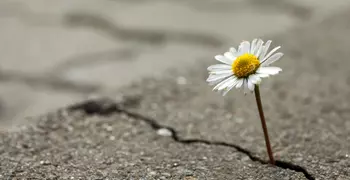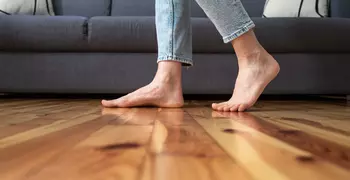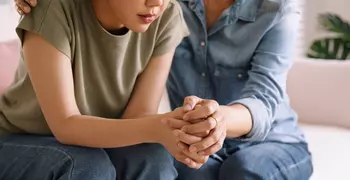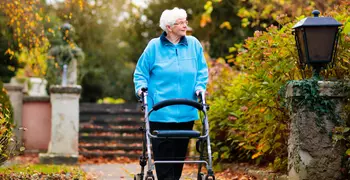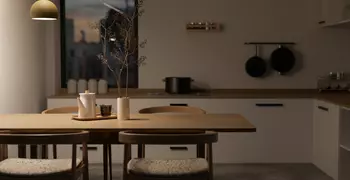Anxiety & Depression

Anxiety and depression are two of the most common mental health concerns in our society. They are often experienced as a complex set of emotional and functional challenges. Many people struggle with serious questions about their symptoms, including:
- How do I know if I have depression or anxiety?
- What are the best treatments for anxiety and depression? Should I try psychotherapy or prescription medication?
- What are some holistic remedies I can use to help relieve my symptoms?
- Other than medication, what else can I do to cope with anxiety and depression?
What causes anxiety and depression?
Depression and anxiety disorders are different, but they often occur together. Underlying triggers can include nutritional, psychological, physical, emotional, environmental, social, and spiritual factors, as well as genetic tendencies or brain disease.
W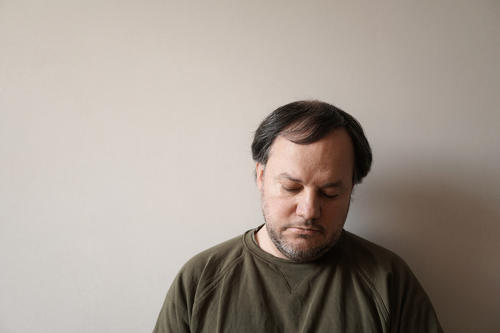 hat are symptoms of anxiety and depression?
hat are symptoms of anxiety and depression?
It is not uncommon for people with depression to experience anxiety, along with symptoms such as nervousness, irritability, and trouble sleeping. Likewise anxious people can become depressed and experience low energy or a loss of interest in life.
People suffering from anxiety or depression can have a broad range of experiences- some may have only mild symptoms of anxiety and depression, while others may experience debilitating anxiety attacks or severe depression. Symptoms may also fluctuate, from difficult episodes to periods of relief.
What about treatments for anxiety and depression?
Just as there are many different experiences of anxiety and depression, there are a variety of options for treatments and coping techniques to help manage symptoms. The recommendations in this section take an integrative mental health approach, which incorporates health-promoting lifestyle changes; evidence-based holistic therapies and healing practices; and mainstream interventions, including psychosocial therapies and the judicious use of prescription medication. We cover each of these areas in detail--click the links or see the menu on the left for more information.
Note that some of the treatments for depression and anxiety overlap, so it is beneficial to learn about both disorders.
How you can start to deal with anxiety and depression
Here are some ways to start to take care of your brain (and the rest of your body) and perhaps alleviate your anxiety and depression. But be sure to read about all the treatment options in the menu.
- Breathe... slow exhalation helps relax the body
- Move your body
- Spend time in nature
- Get regular, replenishing sleep
- Spend time with supportive friends/family
- Accept imperfection
- Eat real/functional foods and drink lots of water
- Meditate (sitting or moving) or take regular time for self-awareness practice
- Practice forgiveness
- Practice gratitude daily
Disclaimer: The information in this website page is not to be used in place of medical treatment by a health or mental health provider.
